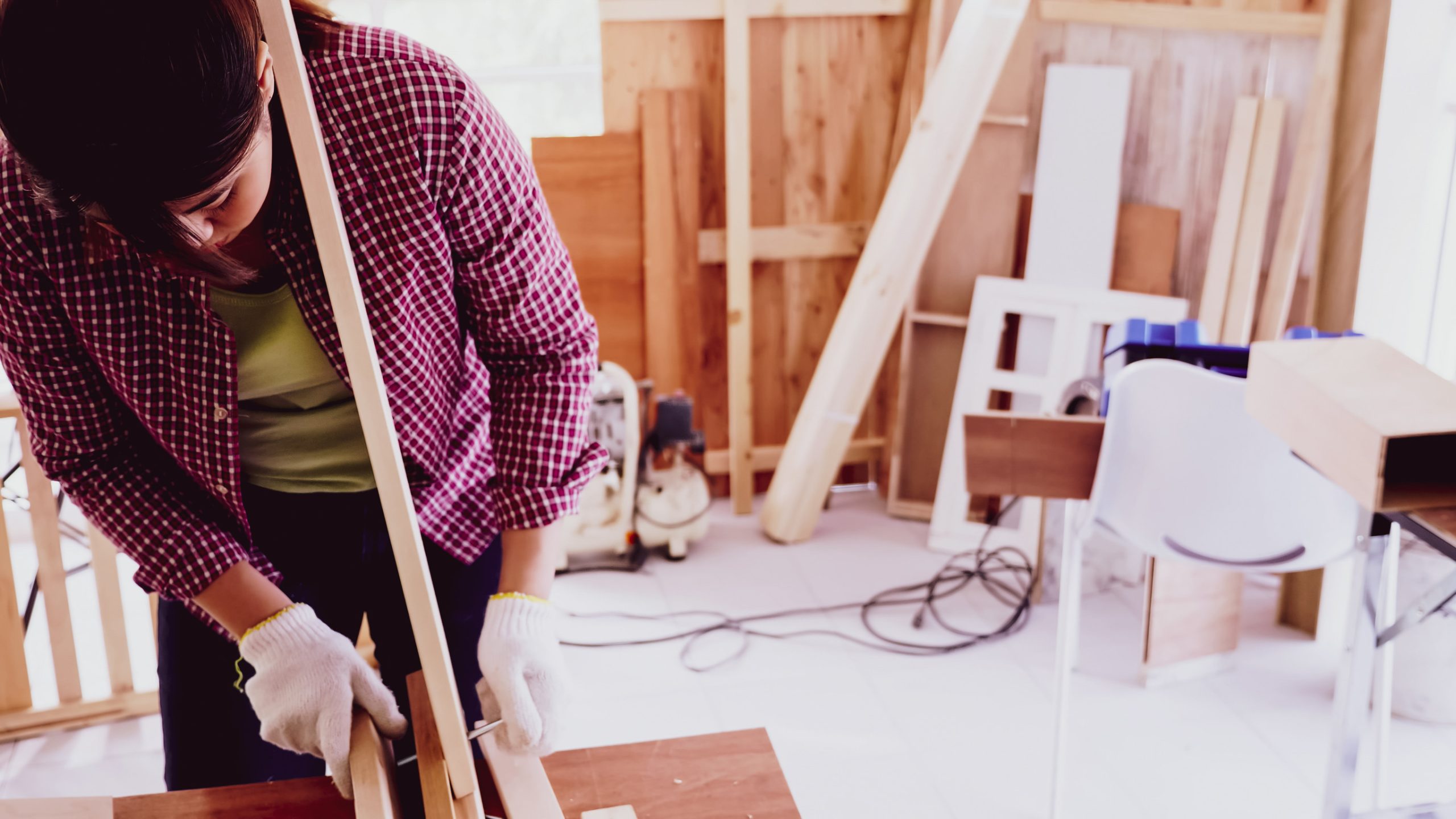
Many people see DIY projects as a way to save money and customize their home. A lot of them also assume that everything they build on their property (or within their home) will be automatically allowed. Many cities and counties have strict codes that determine what can/cannot be done without permits or even professional licenses. If you break those rules, you could be fined, denied insurance claims, or even forced to tear down the build altogether. So, don’t be caught off guard. Here are seven such DIY builds that could be illegal, depending on where you live.
1. Backyard Decks Without Permits
Decks may look like simple outdoor platforms, but many municipalities require building permits before construction begins. The reason is safety. Poorly built decks can collapse under weight, causing serious injuries. Height, size, and structural supports are often regulated by local code enforcement. If you build without approval, you could face fines and be forced to tear it down. A licensed contractor or at least a permit inspection is often required to make sure your deck meets safety standards.
2. Basement Bedrooms Without Egress Windows
Converting a basement into a bedroom sounds like a smart way to add living space, but local codes often require egress windows for safety. These windows are designed to provide a safe escape route in case of fire. Without them, a basement bedroom may not just be illegal; it could also be deadly in an emergency. Real estate transactions can also be affected, since appraisers may not count unapproved rooms as livable space. This means your project could reduce, rather than increase, your home’s value.
3. Tiny Homes in Residential Neighborhoods
Tiny homes are trendy, but not every city welcomes them. Many residential zones prohibit small standalone dwellings unless they meet minimum square footage and utility hookup requirements. Placing one in your backyard could violate zoning laws, leading to removal orders. Even if your community allows accessory dwelling units, there are often strict size and placement rules. Before building, you’ll need to carefully review local zoning ordinances to avoid running into costly legal issues.
4. Unpermitted Electrical Upgrades
Installing extra outlets or running new wiring might seem like an easy DIY project after watching a few tutorials. However, electrical work is heavily regulated because of the fire hazards it creates. In many places, unlicensed electrical work is not just unsafe… It’s outright illegal. If your DIY wiring causes a fire, your insurance company may deny coverage. Hiring a licensed electrician ensures your home stays safe and up to code.
5. Fences Taller Than Local Limits
Fences are a popular DIY project, but many neighborhoods have rules about height, placement, and materials. For example, a front-yard fence may be restricted to just four feet tall in some areas. Building higher than allowed could block sightlines for traffic or neighbors, which is why regulations exist. Violating fence codes may result in citations or demands to remove sections at your expense. Always check with your local zoning office before sinking the first post.
6. Pools and Hot Tubs Without Safety Barriers
Adding a pool or hot tub to your property may seem like the ultimate DIY upgrade, but these builds often come with strict requirements. Most municipalities require fencing, locking gates, and sometimes even alarms to prevent accidents. Without them, your pool could be deemed illegal and subject to removal. More importantly, you could be held liable if someone is injured due to a lack of safety features. Skipping permits for pools is one of the fastest ways to end up in hot water with local code enforcement.
7. Garage Conversions Into Living Spaces
Turning a garage into an extra bedroom, office, or rental unit is a common DIY idea, but it can clash with zoning and safety rules. Many codes require minimum ceiling heights, ventilation systems, and emergency exits that garages don’t have. Insulating walls and adding plumbing without approval could create major compliance issues. If inspectors discover the conversion, you may be forced to restore the garage to its original state. While it might sound like a money-saving project, it could become a costly legal headache.
Protecting Yourself Before You Build
Yes, DIY projects can be incredibly rewarding. However, you need to be aware of the local laws. Every zip code has its own set of building codes, permits, and zoning rules. Without knowing about these “small” details, you can get yourself into some serious trouble. If you’re unsure of anything, a quick call to your city’s building department can go a long way in saving yourself a lot of time, money, and heartache.
Have you ever built something only to find out it wasn’t allowed in your area? Share your experience in the comments below!
What to Read Next…
- 10 Times DIY Fixes Ended in Emergency Room Visits
- Are These DIY Tricks Making Your House Uninsurable?
- What Happens When You Mix Marriage and a Joint DIY Business?
The post 7 DIY Builds That Could Be Illegal in Your Zip Code appeared first on Clever Dude Personal Finance & Money.







